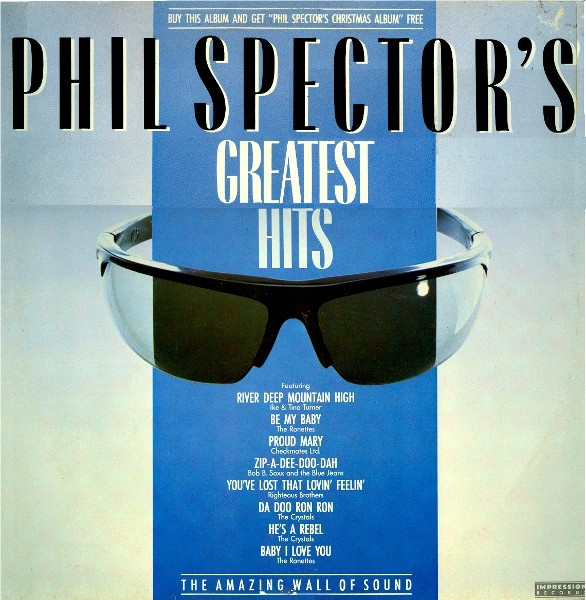This album is not as much of a surprising thing as pre-release publicity has made out in the "guess what? Santana's doing an album totally of African-influenced music. Wow!" way. For me, Santana has always been influenced by African music.
Obviously, Latin music was always the major driving force, but African rhythms have always been there at some point on pretty much everything Santana has recorded. This album, of course, is full of full-on African drumming, but Santana's guitar is so distinctive that, in many ways, the album sounds very Santana. You would expect it to, I guess, but it does not mine the deep seam of African music as much as maybe I would have liked. Ironically, as well, the album uses female Spanish vocalist Buika throughout, as opposed to someone from Mali, Nigeria or Congo, for example. Had such vocalists been utilised then the whole Africa theme may well have been more convincing. Buika does sing in a West African style, however. Her background being from Equatorial Guinean parents.
Personally, although there are certainly many exciting moments, I find it sounds very much like another Santana album. Yes there are differences, say, to the Supernatural series of collaboration albums, but overall it sounds far more of a Latin album than an African one. Take the track Oye Este Mi Canto as an example of the point I am making. It is sung in Spanish (albeit with a West African tone to the vocal) which instantly gives a Latin flavour and the bass lines and percussion rhythms are decidedly Latin. Just check out the bit around four minutes in, as Carlos's guitar comes in alongside the bass. It is typical Santana - instantly recognisable.
The same applies to the frantic percussion-driven groove of Batonga. Buika's vocals are, as I admitted earlier, very West African and also Sufi-influenced in their inflections but they also are somewhat throaty and grate just a little at times. That is being a little unfair, because they have a lot of character but there is a bit of a tinniness to not just the vocals but sometimes to the whole production. Apparently the whole album was recorded very quickly, so maybe that was a factor. A track like Yo Me Lo Merezco exemplifies this, not that I don't like the track, I just feel it could have been given a better production. Just a matter of personal taste I guess. Santana's guitar at the end of this track, though, is superb, but it is rock guitar, nothing African about it. Maybe Santana could have played guitar in the distinctive Congolese soukous style or the South African "township jive" fashion here and there? Just a thought. Or Nigerian Hi-life? He never does, always playing in the same way, great although it is, it doesn't deviate much. Literally, just as I wrote that, though, along comes the Fela Kuti AfroBeat riff of Paraísos Quemados. Excellent! It is not Santana playing that bit though. His guitar interjection is as you would expect.
Blue Skies is far more of a jazzy number. Yes, there are African influences in its Abdullah Ibrahim piano and Salif Keita vocals but it just doesn't immediately scream "Africa" to me. I love the bassy bit near the end, however. Breaking Down The Door is completely Latin, let's be honest. I love it all the same, I have to say. Los Invisibles has a Rhythm Of The Saints drum intro straight out of South America.
Bembele is very Brazilian in its sound. There is a link between Brazilian Bahian music and the West Coast of Africa, though. So, while I do not dislike this album at all, far from it, a) it has a slightly worse production than I would have preferred, and b) I was looking forward to a more obviously "African" album than a trademark Santana one. Mixed feelings on first listen. Obviously more listens are needed for all albums so my mind remains ripe to be changed on this one. (Three listens in, and it is certainly getting into my bloodstream, so stick with it. Despite my observations, I am still enjoying it a lot).










